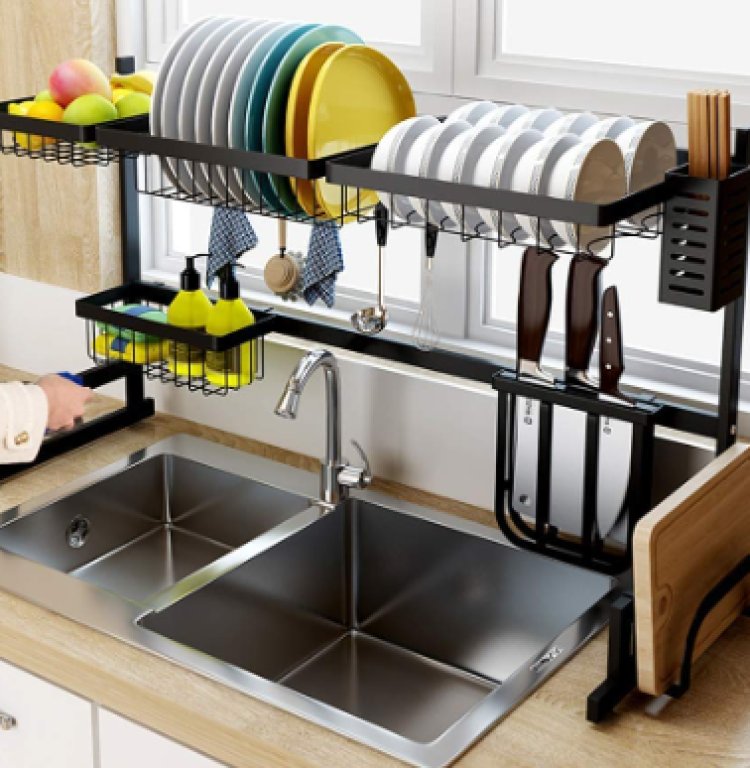How Long One Needs To Replace Kitchen Sponge
Sponges can harbor a lot of bacterial growth if not cleaned properly since we use sponges to scrub dishes and kitchen countertops among other surfaces. Cleaning your kitchen sponges is therefore an activity that should not be neglected in any household.
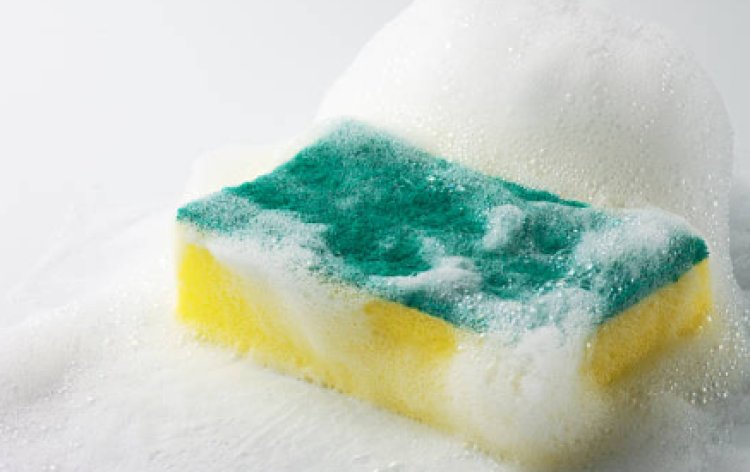
According to some scientists, if you have been using your sponge for more than a week it is time to get a new one. Sponges accumulate layers of germs in their tiny cracks as they often don't dry up completely.
It is advised that you routinely sanitize sponges by boiling, microwaving, or soaking them in a solution of diluted bleach to stop the formation of bacteria. These techniques will largely lessen the number of microorganisms on your sponge even if they don't completely eliminate them. Avoid microwaving your sponges if they include metal material in them.
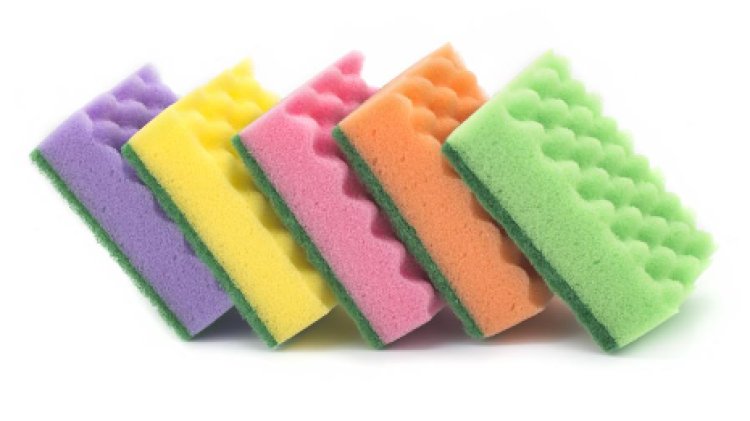
The best sign that it is time to replace your sponge is when it starts to smell bad or get slimy. The easiest strategy to lessen microbial activity not only on your sponge but also throughout your kitchen is to practice proper hygiene and make an effort to sterilize it frequently. Therefore, to be on the safe side, replace your sponge either every week or every two weeks.
Clean your drying area
Before you begin cleaning your utensils, make sure your dishrack or drying mat is entirely empty. Place clean dishes back on the shelves or in the cabinet after drying up so you can have plenty of space for drying the wet utensils. You might also think about using vinegar to wipe down your dish rack so you won't have to put your clean dishes on an unclean surface.
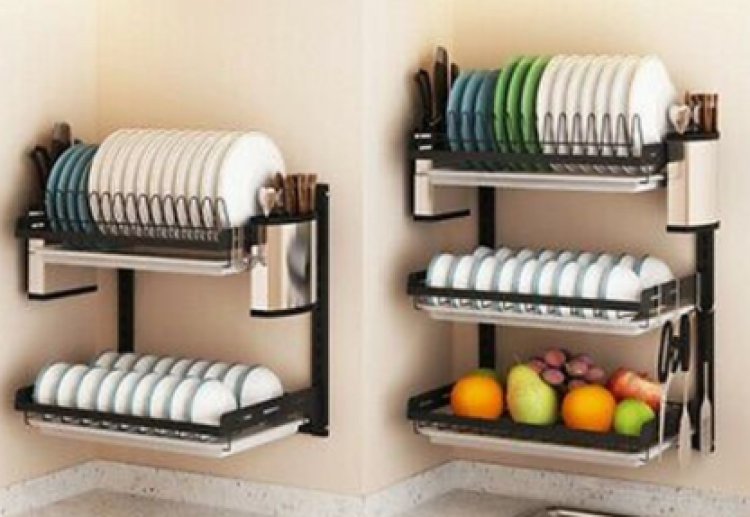
Make sure you have the necessary tools at hand
Have an ample supply of clean kitchen towels, dish wash, and sponges for cleaning. Consider a washing-up basin to make your task easier if you like to soak specific dishes or if your sink is unusually big or little.
Scent your kitchen
Burn a scented candle of your choice to establish the mood because pleasant scents might inspire you to clean and cool.
Accessorize your kitchen
By dressing appropriately, you can make washing dishes by hand more enjoyable and occasionally even less painful. While an apron helps keep your clothes clean and dry, dish gloves can protect your hands from boiling water and unknown nasty dish sludge.
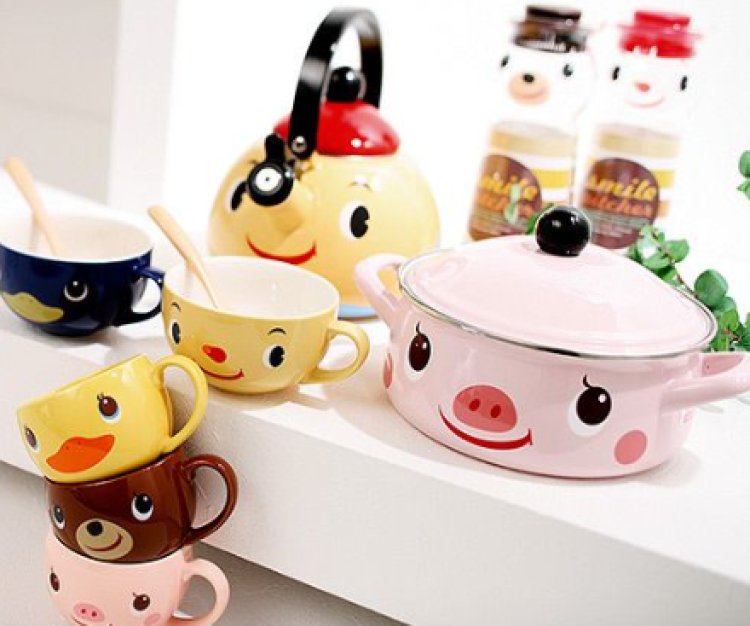
Put your favorite playlist on
Take a water-resistant portable BlueTooth speaker with you to the kitchen when doing the dishes so you can listen to your favorite music while you work.
Clean the sink afterward
The last part of washing dishes is cleaning the sink. Finishing off the by making your sink sparkle by scrubbing the kitchen sink briefly. You can put a scoop of bleach powder in the sink with some hot water, then let it soak up for at least 30 minutes or preferably overnight, and then run some water through it when the time is up.
